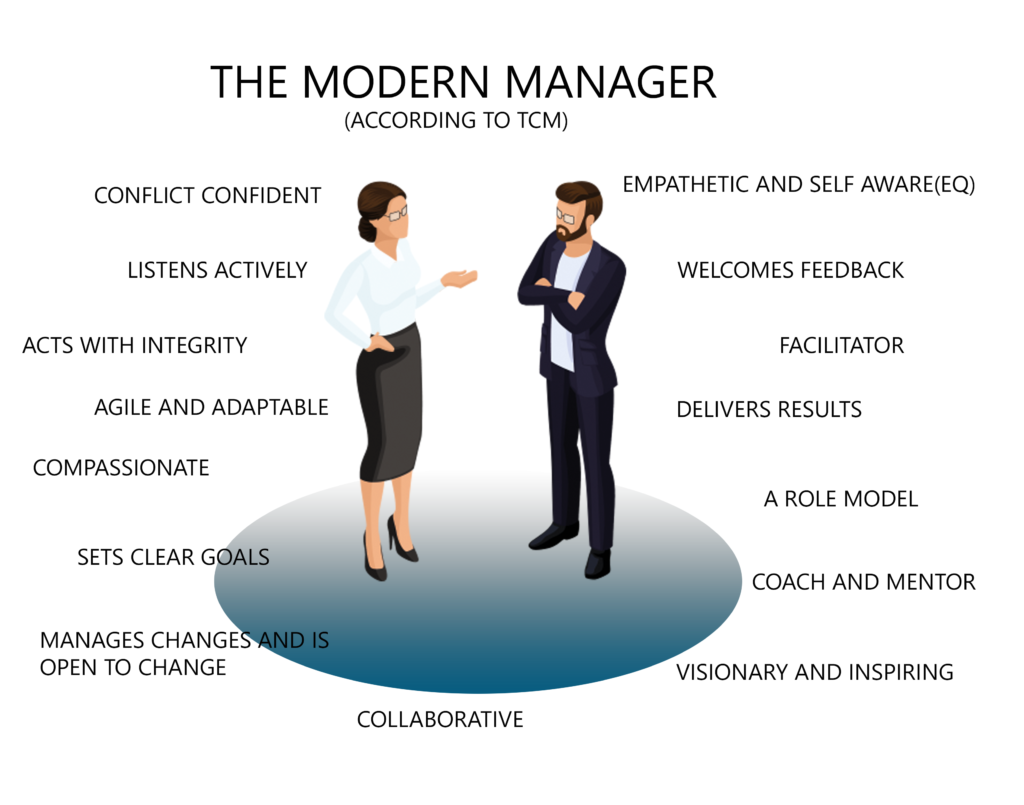What are the key skills managers will need in their toolkit as they enter the future world of work?
A recent study from Hult Ashridge puts relational skills, such as influencing, communication and negotiation, top of the list. Researchers suggest, however, that these skills need to be developed much earlier on in people’s careers.
Traditionally, investment in leadership skills doesn’t happen until later in people’s working lives, when they are already in management roles. But in an increasingly volatile environment, it is these soft skills that will enable managers to succeed through uncertainty and maintain their own and others engagement and productivity against a constantly changing backdrop.
And of course at a time when we are constantly hearing about the march of Artificial Intelligence and the threat it poses to jobs as we know them, it is the ‘human’ skills that will give people the edge over the machines and help them future proof their careers.
The ability to manage conflict successfully is, of course, one of the key relational skills that a manager needs in their back pocket.

Workplace conflict is rife, whether it’s personality clashes between colleagues, problematic relationships between managers and their direct reports or internal ‘political’ battles. It takes up an inordinate amount of management time – and is also extremely costly. The CBI estimates, for example, that unresolved conflict costs the UK a staggering £33 billion per year.
The impact on individuals, in terms of stress and anxiety caused, is also extremely damaging. Who hasn’t had that sick to the stomach feeling, knowing you are having to go into work and deal with a difficult boss or unpleasant colleague.

Given the extent of the fall-out, it’s perhaps surprising that organisations often leave their managers between a rock and a hard place when it comes to managing conflict. They expect their managers to take responsibility for building and maintaining good working relationships in their teams – but typically provide little training or support.
Instead, they focus on formal disciplinary and grievance procedures, plunging people into adversarial and divisive processes which don’t help, and indeed often make matters worse.
Giving managers proper training in conflict management will pay enormous dividends – and not just in terms of keeping the peace and running a happy ship.
Managers need to understand why conflict arises and to appreciate the difference between functional and dysfunctional disputes. They need to know how to spot the signs early, and how to nip problems in the bud before they escalate. They need to be confident with facilitating open and honest dialogue in their teams and able to create cultures where people are not afraid to be themselves and say what needs to be said.
Organisations who recognise this and embrace collaborative, constructive approaches to conflict will be the ones who will gain competitive edge and will be able to keep their people motivated and engaged during difficult times.

